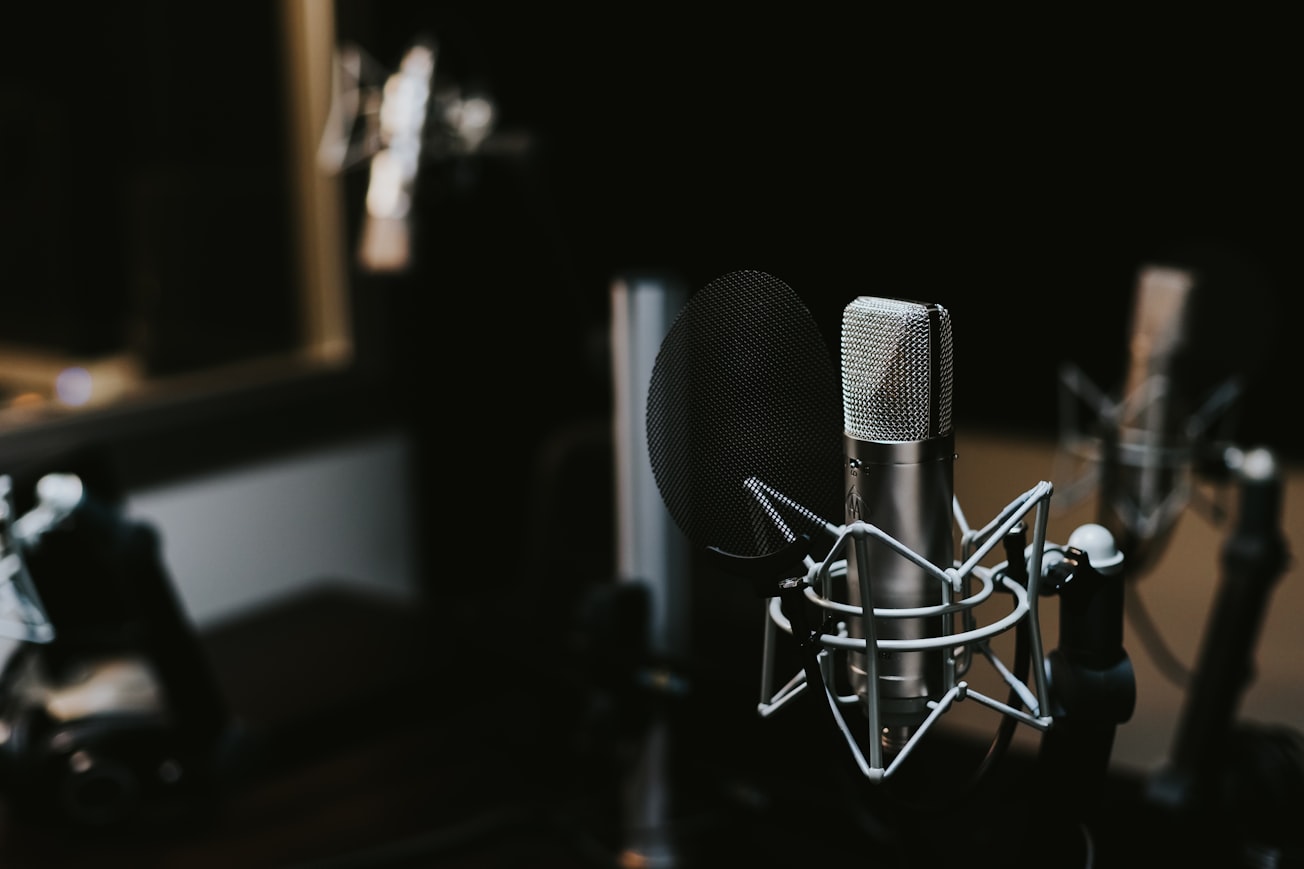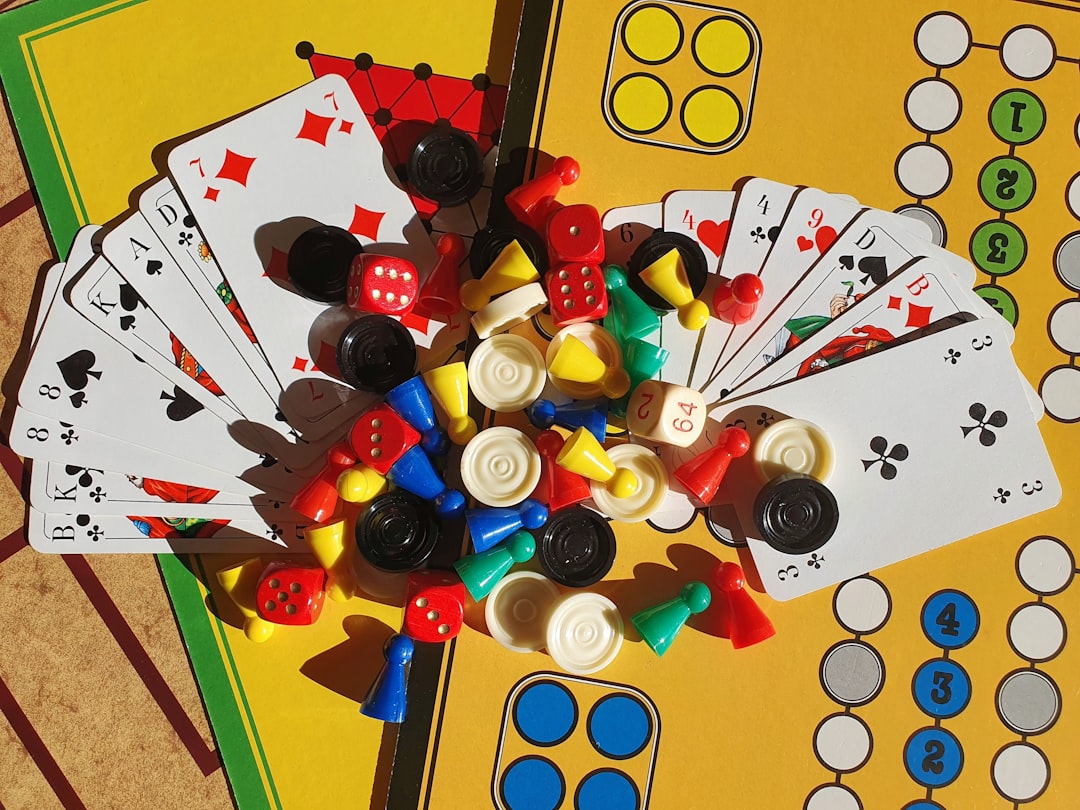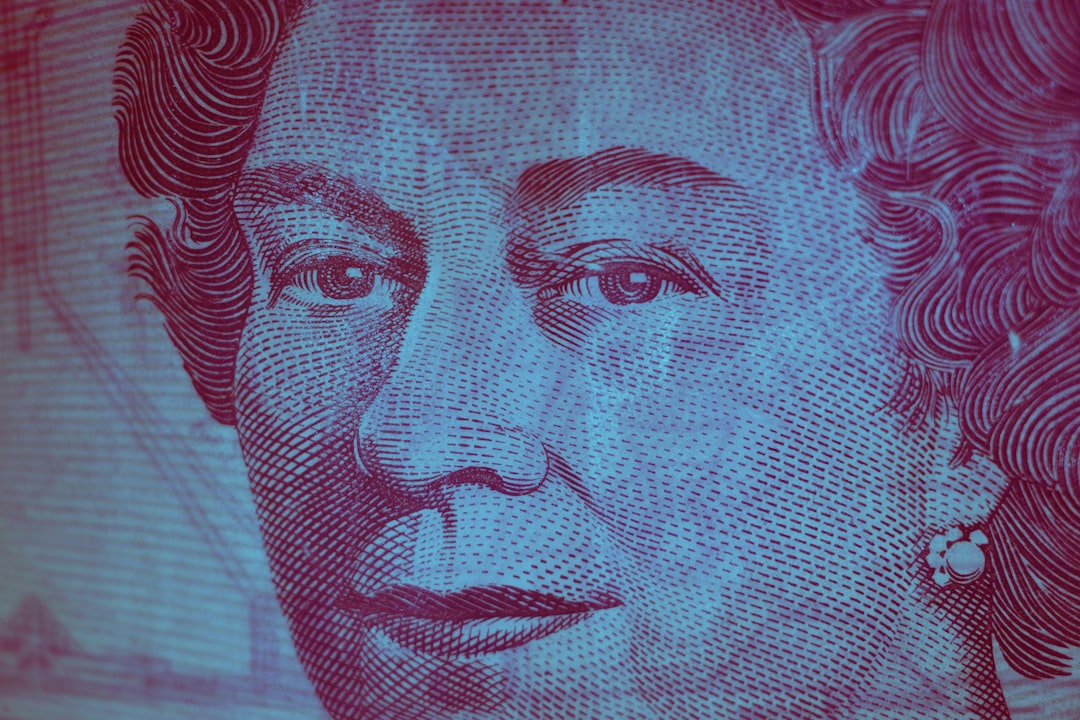What is it about?
The importance of the media in the Portuguese 1974 Revolution is recognized by the military, politicians and journalists. In this context, the major role of the radio broadcast in the course of events is undisputable. In the dawn of April 25, a popular Portuguese song was the start signal for the military coup and other counter signals followed, sounds that became symbols of the Revolution. Radio was the medium chosen by the Armed Forces Movement (MFA or Movimento das Forças Armadas in the original) to communicate with the parties involved in the coup and it was also used to inform the population of the goals and progress of the military operations. The following manoeuvres eventually transformed Radio Clube Português, one of the radio stations, in the commanding post of all the operations and the Portuguese people became aware of the MFA goals and victories by the bulletins that were broadcasted by the military on the radio. In a country with high illiteracy, radio played a crucial role in terms of information, which confirms its unquestionable centrality in the course of the April Revolution (also known as the Carnation Revolution). This study aims to explain how this process was achieved and it is based on the recollection of documents, archives and other information. The recovery of testimonies and reconstruction of events allow us to explore the way military interacted with radio personnel and how radio logics prevailed and helped the military to successfully achieve their goals.
Featured Image

Photo by Jonathan Velasquez on Unsplash
Why is it important?
There is scarce research on the radio and political change. This paper tackles how revolutionary military and broadcasters achieved consensus on the passwords that ignited the coup and the announcement of the revolution. This strategy was able to trick the censors and the political police, the pillars of the dictatorship ever present and vigilant of news media activity.
Perspectives
It was very rewarding to put together the timeline of the events. It was not easy to reconstruct that particular process. The written sources, interviews and recordings were put in a logical narrative, but they also brought a sense of elation given by the nature of events and the people involved.
Helena Lima
University of Porto
Read the Original
This page is a summary of: The Radio and the Portuguese 1974 Revolution. The Military, the Radio Personnel and a Successful Cooperation, Journal of Radio & Audio Media, January 2019, Taylor & Francis,
DOI: 10.1080/19376529.2018.1431889.
You can read the full text:
Contributors
The following have contributed to this page










